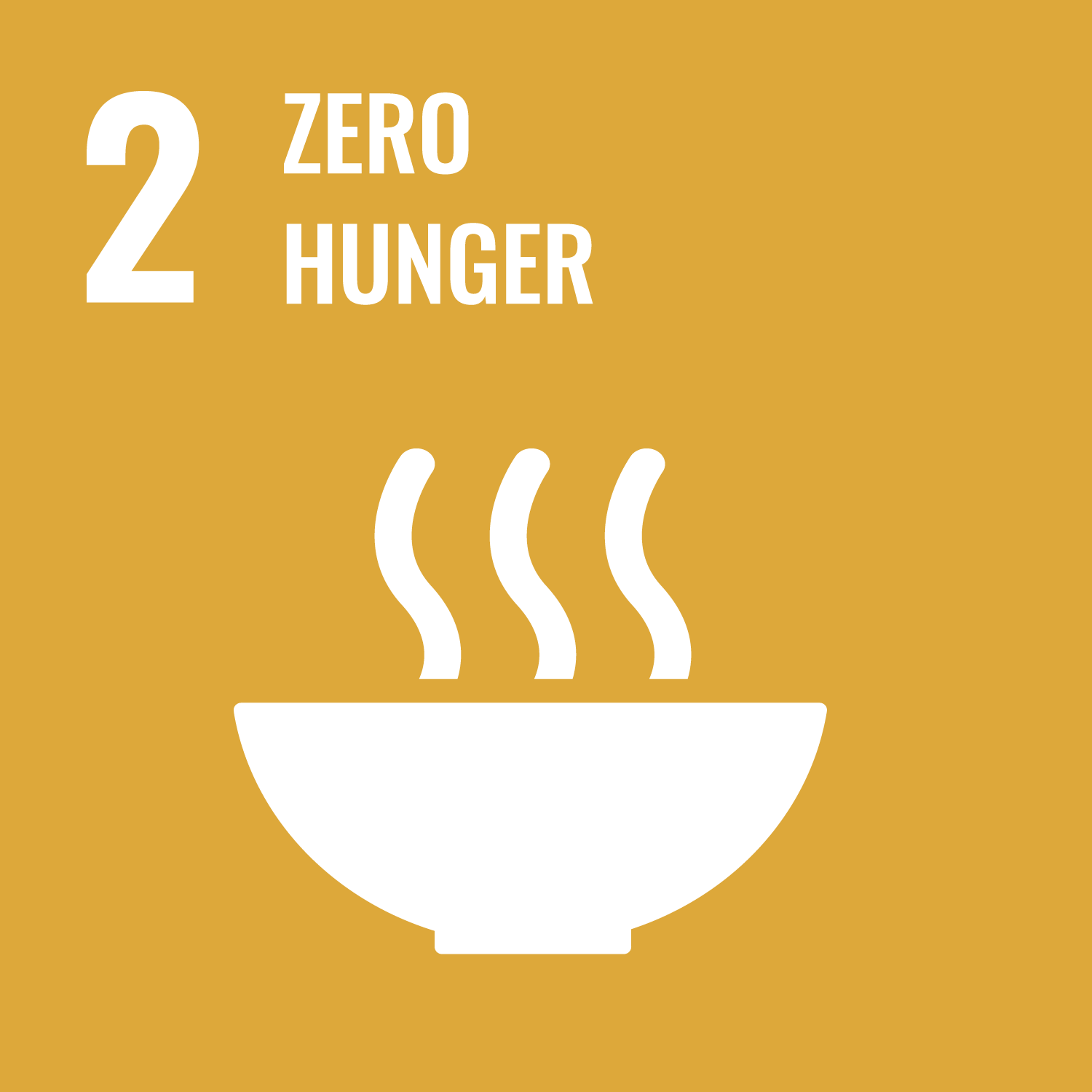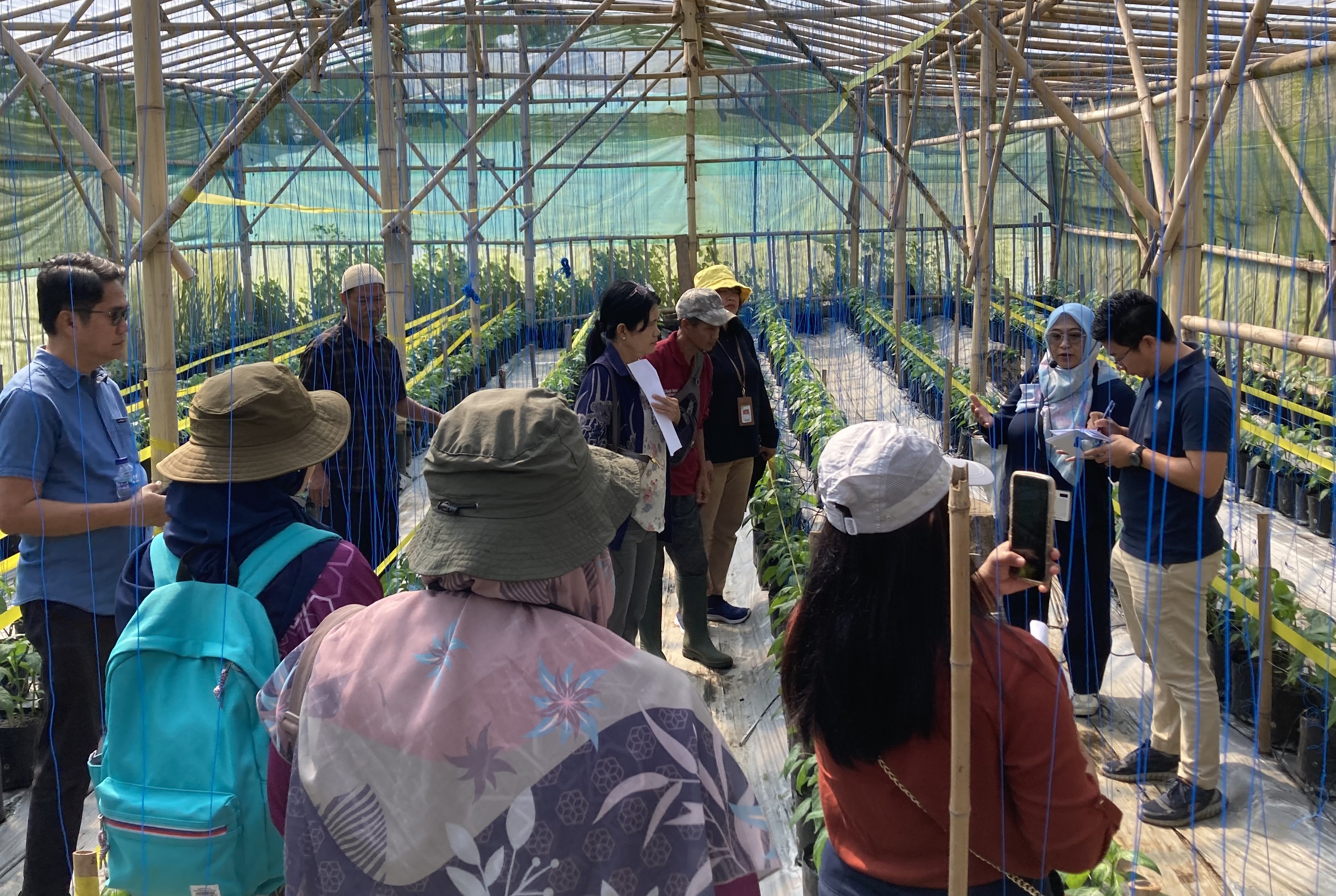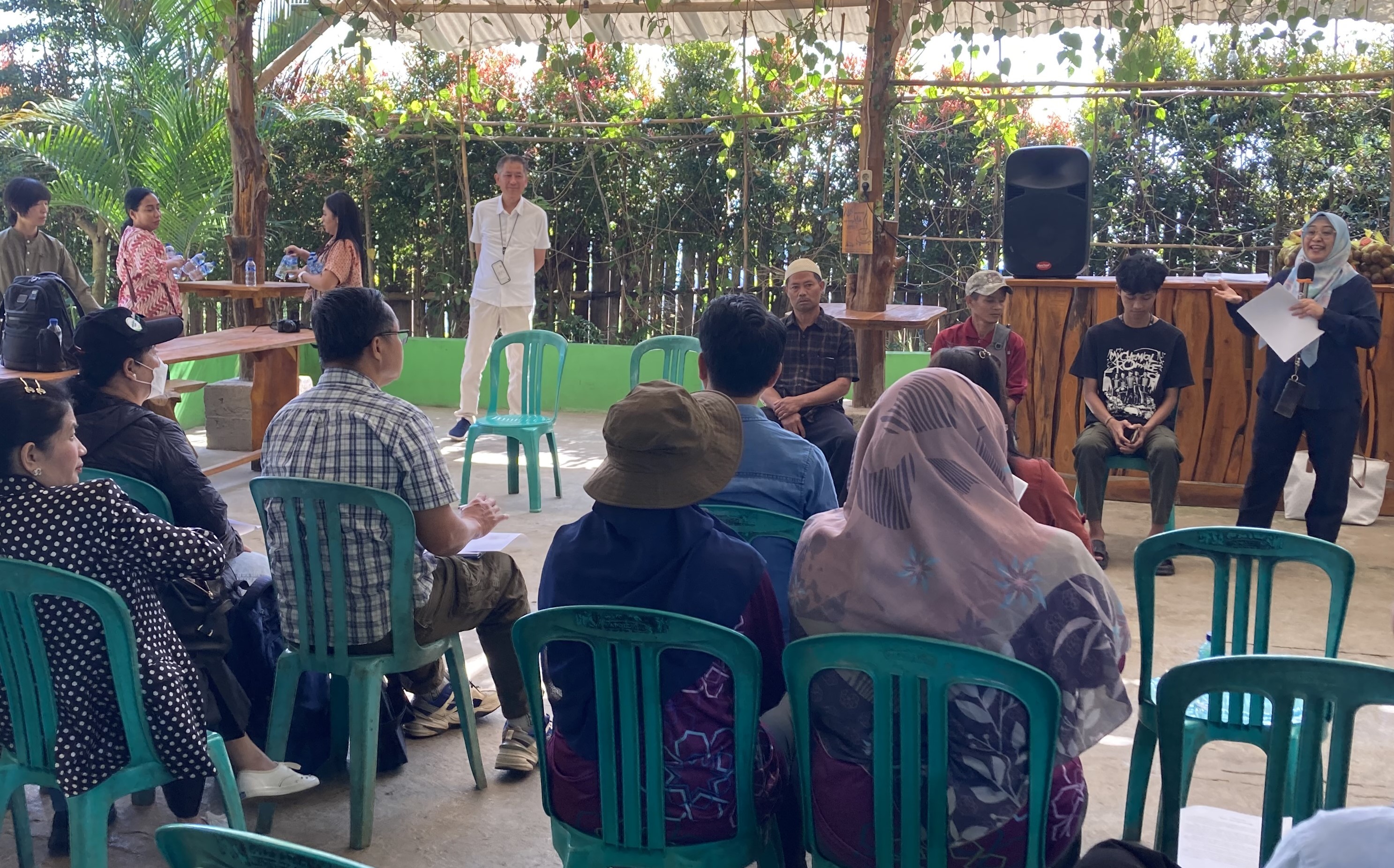ASEAN-JICA Food Value Chain Development Project: The First Seminar on Marketing and Promotion of ASEAN GAP (Good Agricultural Practices)

2024.07.03
The ASEAN-JICA Food Value Chain Development Project (AJFVC) organized the 1st Seminar on the promotion and marketing of ASEAN Good Agricultural Practices (GAP) in Jakarta from June 19 to 21. Kanchana Wanichkorn, Director of Sectoral Development Directorate at the ASEAN Secretariat (ASEC); and Kenji Okamura, Senior Representative of JICA Indonesia Office, attended the seminar. Okamura, on behalf Japan International Cooperation Agency (JICA), delivered the opening remarks. In his remark, he stressed that "The project aligns with the Japanese government’s “Midori Cooperation Plan,” which aims to build resilient and sustainable agriculture and food systems in the ASEAN region and, ultimately, to contribute to food security in the region.”
AJFVC is a three-year technical cooperation project commencing in January 2024 that JICA is implementing in collaboration with ASEAN. The project aims to support initiatives for food value chain (FVC) development within ASEAN. The project is composed of four key pillars: (i) Good Agricultural Practices (GAP), (ii) Sanitary and Phytosanitary Measures (SPS), (iii) Good Aquaculture Practices (GAqP), and (iv) Public-Private Partnerships (PPP). This seminar focused on (i) GAP.
The ASEAN GAP is a standard for agricultural production practices implemented in the ASEAN region since 2006. It encompasses guidelines for the production, harvesting, and post-harvest handling of fresh fruits and with the aim of preventing or minimizing potential hazards. The implementation of the ASEAN GAP is expected to effectively manage (i) food safety, (ii) agricultural environment, (iii) worker health, safety, and welfare, and (iv) agricultural product quality. Additionally, It is also anticipated to enhance trade both within ASEAN member states and beyond.
While some member states have established their own National GAPs in compliance with ASEAN GAP and are recognizing its advantages and initiating diverse promotional activities, others have not been able to achieve harmonization with ASEAN GAP. Consequently, there is a need for strategies that promote both the ASEAN GAP and National GAPs of the member states, tailored to their specific circumstances.
During the seminar, representatives from the 10 member states and ASEC in charge of GAP participated and actively discussed the formulation of strategies for marketing and promoting ASEAN GAP and National GAPs. On the final day, they visited Bogor for a field trip to the site of the JICA and the Ministry of Agriculture’s technical cooperation project, “Public Private Partnership Project for the Improvement of Agricultural Marketing and Distribution System Phase 2” (IJHOP Phase 2). The group learnt the GAP practice from one of these supported farmers.
For further details please contact:
Ogawa Kumiko
TEL: (62-21) 5795-2112 (ex.311)
E-mail: ogawa.kumiko2@jica.go.jp
Putri Siahaan
TEL: +62-21-5795-2112 (ex.222)
E-mail: putrisiahaan.in@jica.go.jp

(front frow, from left to right) Yosuke Kawamoto, First Secretary Mission of Japan to ASEAN; Kanchana Wanichkorn, Kenji Okamura.
(back row) Seminar participants from ASEAN member states.

The seminar participants is on the paprika cultivation farming managed by Farmer Group Tunas Tani Pangrango in Bogor, West Java.

Explanation and discussion session with the farmer group and IJHOP phase 2 project team.
scroll